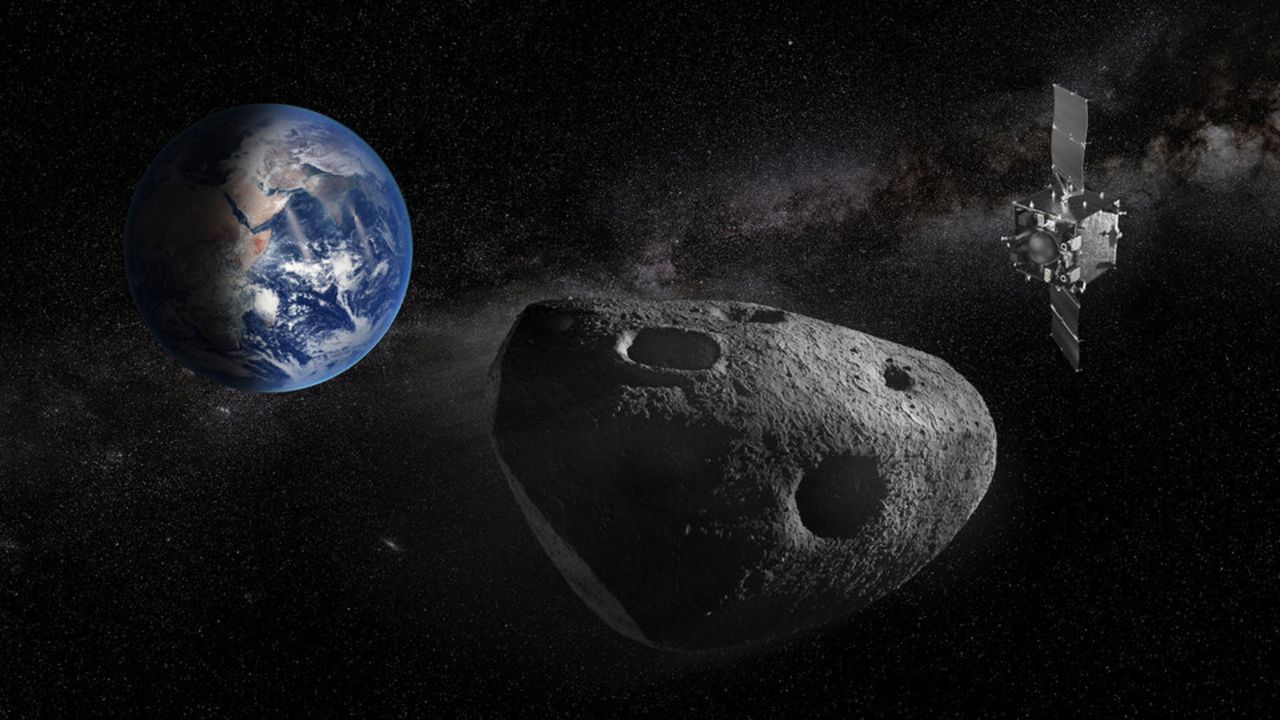2025 Nobel Prize Winners in Medicine, Physics and Chemistry Explained
NegativeScience
The recent updates from the CDC regarding COVID vaccine guidance have sparked significant controversy, particularly concerning childhood immunizations. This comes at a time when global health experts are raising alarms about increasing rates of child malnutrition in Gaza, highlighting a dual crisis in public health. These developments are crucial as they not only affect immediate health policies but also have long-term implications for child welfare and community health.
— Curated by the World Pulse Now AI Editorial System






